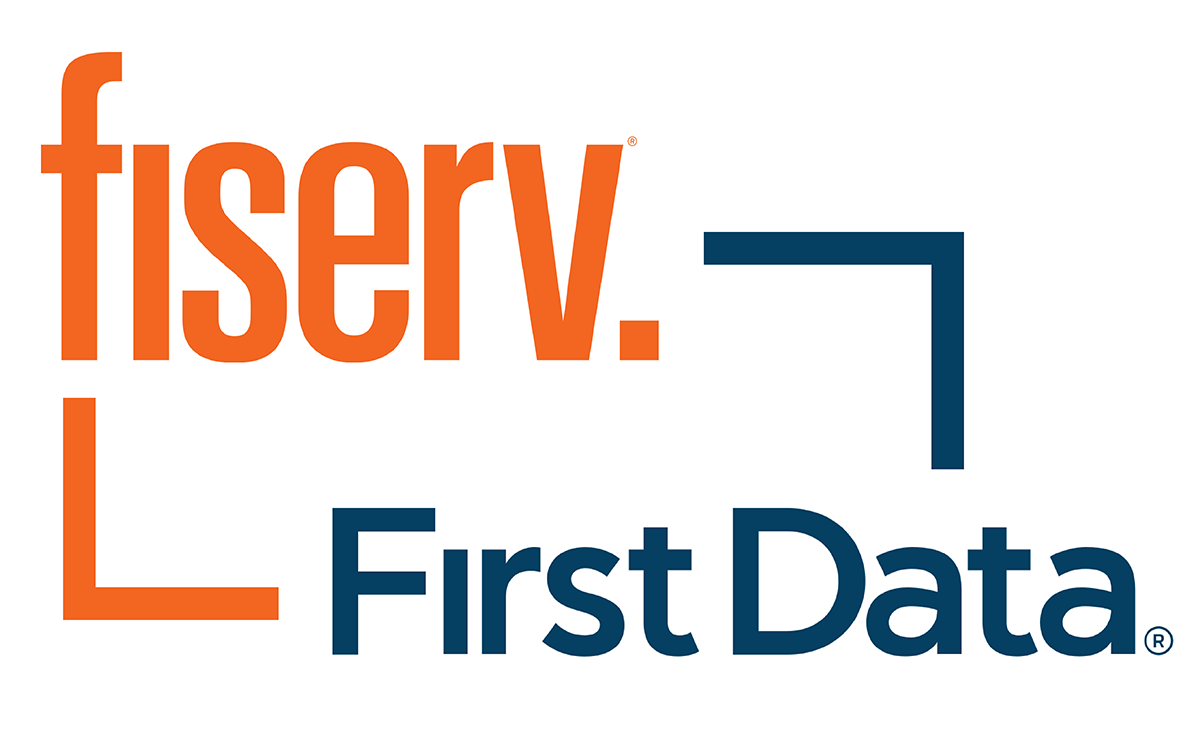

Fiserv acquiring First Data Corporation is a huge deal in the world of fintech acquisition. This deal impacts not just the bank payment space but the whole financial services ecosystem, and the implications will take a while to unpack. In the meantime, and with an expected closing later in the year, our initial reactions to the strategic move by Fiserve CEO Jeffery Yabuki are as follows:
Twenty-two billion dollars is a monster-size fintech acquisition, but at 2X First Data Corporation’s annual revenue, the price is a way lower revenue multiple than the growth-oriented digital mashups lining up in the market. There are new capabilities here for Fiserv (like merchant account acquiring), but it’s $900 million in cost savings versus $500 million in expected revenue synergies for the financial technology company.
Even while $500 million in new expected investments over five years is a LOT of coin, this is really a roll-up with diversification. The Fiserv/First Data deal is very typical of the buy/integrate approach we have seen from the Fiserv brand: Buy a strong revenue stream and then take advantage of the reduced expenses that result from having a combined company. It’s also a reality check that what Fiserv is largely known for – core and core ancillaries – is just not where the growth is. Look at what happened to the check processing service and will happen to bill pay. The story is to combine and consolidate the mature to free up more cash flow for new opportunities. Whether you are a community bank or a fintech provider, that makes sense. The deal isn’t done yet, so maybe it’s a little early for a congrats, but the numbers make sense on the surface.
Taken in total with the recent Elan acquisition and the lending spin-off with Warburg Pincus to what became Sagent Lending Technologies, Fiserv may be diversifying within bank payments on the First Data deal, but at the same time, it’s getting more concentrated in payments as a part of its overall mix. Fiserv revenue diversification moves are rarely about the customer first and foremost, but it is fair to ask what the impact will be on Fiserv’s core banking client base.
In the short term, it’s hard to see why this First Data Corporation acquisition makes things better for Fiserv’s core banking clients. Even if banks and credit unions could end up on a better, more consolidated platform, it will be years before it happens. The largest chunk of the fintech acquisition, the merchant acquiring side, won’t affect them at all. Yet, this diversification gets Fiserv into more of the business/merchant side of payments. So many of Fiserv’s core clients are commercial community banks, and those banks (as well as credit unions getting into business services) need increasingly more help with business payment processing. Maybe some of those First Data Corporation experiences will help.
The bank payment resellers market has already been under pressure (case in point, the FIS acquisition of reseller CSCU), and it is going to get even more interesting with several ecosystem implications from this deal. In the very short term, it’s hard to see any big negative, but down the road it could be a different story. It’s that weird competitor-who-is-a-client-or-reseller game, which just got harder to track without help sheets. CO-OP, Jack Henry, PSCU and Worldpay are all First Data bank payment resellers. How will the Jack Henry/PSCU relationship be impacted in the future? Perhaps the economics of this deal change the industry a little?
GonzoBankers out there who have leveraged resellers know that it’s not just about the impact of acquisitions on their contracts, but also about a vendor’s overall reliance on certain types of pass-through revenue versus its own intellectual property and services. How do my providers make money and stay stable and how is that changing? Does the vendor risk profile of some providers change? Will their ability to perform well and be cost-competitive change?
Cornerstone Advisors Managing Director Jim Burson pointed out that while small relative to its payments revenue, in 2018 First Data partnered with Live Oak Bancshares to establish a new financial technology: the Apiture Digital Banking offering. With a new UI/UX in Apiture, coupled with the established online banking and payments capabilities of the legacy First Data digital solution, some were expecting that Apiture would see increasing momentum in the digital banking market. With Fiserv’s acquisition of First Data, Apiture would be a direct competitor to the Architect and Retail Online Banking solutions already offered by Fiserv. No matter how you read the tea leaves on that, there are potential implications for Architect and Apiture.
Biggest fintech acquisition deal announced this year. So far. But it’s only a few weeks in, GonzoBankers. So, put the coffee on. It’s just getting started.
Thanks to Ron Shevlin, Jim Burson, Ryan Rackley and Terence Roche for their input to this article.
In all mergers, culture is a major consideration. These companies have two very different cultures which will add risk to an otherwise straight forward roll up and expense reduction play.
It will be interesting to see who survives and what impact culture will have on merger…
The culture clash between two big established companies like this seems less risky than some of the other deals we’ve seen recently where you have large company acquiring a startup or insurgent like a Jack Henry/BOLTS, Q2/Cloud Lending/Gro, or an IBM/Redhat or Salesforce/Mulesoft. But, good point that the Fiserv and First Data cultures are different. Not to overgeneralize, it seems like the main difference from a banker’s perspective is Fiserv is a direct-to-market company known to be a confident aggressive advocate for their own solutions as being superior vs. an (often) reseller like First Data who is much more reserved enabler of others.